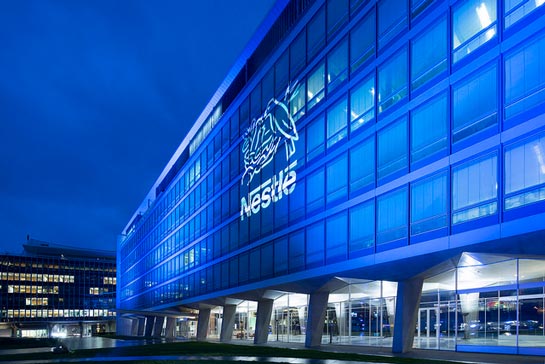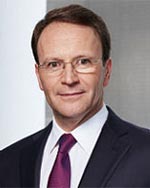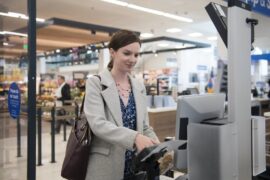
By John Saulnier, FFB Editorial Director
Comprehensive sales results were sweet for Nestlé S.A. in 2018, but no thanks to the frozen food sector. The Vevey, Switzerland-headquartered transnational food and drink conglomerate recently reported that organic growth of 3% on global turnover of CHF 91.4 billion was realized, as operating profit topped 15.5 billion Swiss francs.
 CEO Ulf Mark Schneider “When it comes to frozen meals, we did not have a good year, and we just own up to that,” candidly commented CEO Ulf Mark Schneider during an earnings call after the figures were released. “We’re working intensely to address that situation, and I’m very bullish when it comes to expectations here going forward.”
CEO Ulf Mark Schneider “When it comes to frozen meals, we did not have a good year, and we just own up to that,” candidly commented CEO Ulf Mark Schneider during an earnings call after the figures were released. “We’re working intensely to address that situation, and I’m very bullish when it comes to expectations here going forward.”
While frozen pizza was relatively flat in Zone Americas, the category generally fared well overall. It was another story altogether for prepared foods and snack products such as Lean Cuisine and Hot Pockets. Addressing the overall flat performance for frozen meals, Schneider remarked:
“It was very clear that what we’ve done in prior years was too much of a one-shot type of improvement on the old innovation model, and what we really have to apply now is this continuous improvement – basically hit the market all the time with new and improved products and stay ahead.”
So, despite calls by some shareholders for Nestlé to get out of the frozen food and ice cream business, or at least divest a significant chunk of it, the captain of the ship aims to continue steering a forward course for the time being. His cool assessment of frozen’s future seems to be positively optimistic.
This does not appear to be the case in the refrigerated convenience meat sector, however, as the company is looking at options for its Herta cold cuts business.
“Herta no longer fits our strategy. We want to focus more on plant-based offerings,” said Schneider.
Following the purchase of the Sweet Earth in the United States in 2017, last year the company acquired Ecuador-based Terrafertil, which produces organic and plant-based foods. Meanwhile, it aims to be a major player in the meat-free in Europe with the introduction of the Incredible Burger under its Garden Gourmet label.
Summing up the annual results, Schneider stated: “We are pleased with our progress in 2018. All financial performance metrics improved significantly and we saw revived growth in our two largest markets, the United States and China. Nestlé keeps investing in future growth and at the same time has increased the amount of cash returned to shareholders through our dividend and share buyback program.”
 Looking ahead, the company expects organic sales growth will exceed 3% in 2019, and anticipates that its underlying trading operating profit margin will top last year’s 17% gain.
Looking ahead, the company expects organic sales growth will exceed 3% in 2019, and anticipates that its underlying trading operating profit margin will top last year’s 17% gain.




